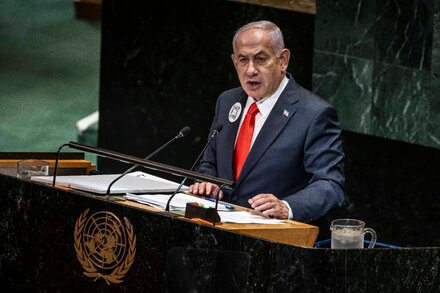The Federal Bureau of Investigation has recently dismissed several agents, including some who participated in racial justice protests by kneeling during demonstrations, according to sources familiar with the matter. The actions mark a significant internal shake-up within the bureau, raising questions about internal discipline and the scope of employee expression.
The latest round of dismissals follows previous personnel actions and has drawn attention due to the specific inclusion of agents who publicly knelt in solidarity with racial justice movements. These gestures, which occurred during a period of widespread national protests, were seen by some as a principled stand against injustice, while others viewed them as a breach of institutional neutrality or internal regulations.
While the exact number of agents fired has not been officially released, reports suggest it is a considerable group. The FBI has maintained that all disciplinary actions are taken in accordance with established bureau policies and procedures, which prohibit conduct deemed to compromise the integrity or impartiality of the agency.
“The FBI holds its agents to the highest standards of conduct and professionalism,” an anonymous senior FBI official stated, emphasizing that internal reviews are thorough and unbiased. “Actions are taken only after a comprehensive investigation confirms violations of our strict code of conduct or operational guidelines.”
However, representatives for some of the dismissed agents contend that their clients were exercising their First Amendment rights and that their actions were misinterpreted or unfairly targeted. They argue that kneeling was a peaceful expression of personal conscience and did not impede their ability to perform their duties effectively or impartially.
Background of the Incidents
The incidents involving agents kneeling occurred primarily during the widespread racial justice protests of 2020 and 2021. At the time, several law enforcement officers across the country, including some within federal agencies, engaged in symbolic gestures of solidarity, such as kneeling, to acknowledge public concerns about police brutality and systemic racism. While some departments lauded these gestures as efforts to bridge divides with communities, others initiated disciplinary inquiries.
The current firings bring renewed scrutiny to the balance between an agent’s individual rights and the institutional demands for apolitical conduct and public trust. Critics of the firings suggest that such actions could chill free speech within the bureau and lead to a perception of politically motivated purges, particularly given the contentious political landscape.
“This move sends a chilling message to any agent who might consider expressing a personal belief, even one widely shared by the public, if it deviates from an increasingly rigid interpretation of agency neutrality,” commented a legal representative for one of the terminated agents, speaking on condition of anonymity to protect ongoing legal efforts.
The firings are believed to be part of a broader push to reassert internal discipline and align the bureau’s public image with a specific vision of its role, a vision that some analysts connect to shifts in leadership and political directives. The involvement of figures like Kash Patel, whose name has been associated with various reforms and oversight efforts, suggests a concerted effort to reshape the agency’s internal culture.
As the news of the dismissals circulates, legal challenges are anticipated from the affected agents, potentially leading to further public disclosure and debate regarding the parameters of conduct for federal law enforcement personnel.
Source: Read the original article here.





